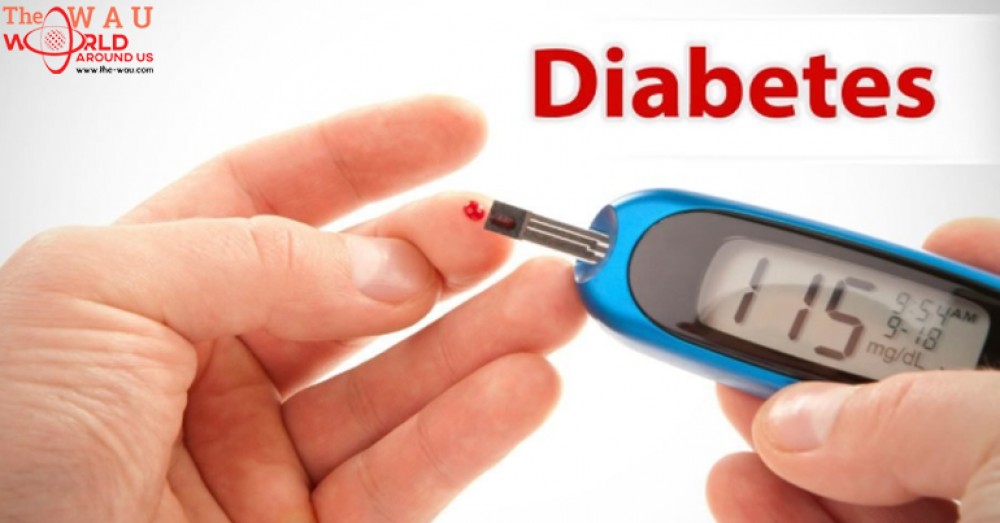Diabetes affects your body’s ability to use or produce insulin, which is a hormone that allows your body to turn glucose (sugar), into energy. Over time, the raised blood sugar levels that result due to diabetes can cause a wide range of serious health problems.
But, what do these health issues involve? How are the organs of the body affected, and can these effects be minimized?
Here’s what symptoms may occur in your body, when diabetes takes effect.
Effects of Diabetes on the Body:
1. Reproductive System
The changing hormones during pregnancy can cause gestational diabetes, which increases your risk of high blood pressure. There are 2 types of high blood pressure conditions for pregnant women, eclampsia or preeclampsia.
In most cases, gestational diabetes is easily controlled, and the glucose levels return to normal after delivery. Symptoms are the same to other types of diabetes, but,it may also include repeated infections affecting the bladder and vagina.
If you develop gestational diabetes, your baby may have a higher birth weight, and this in turn can make delivery more complicated. Also, you are at an increased risk of developing type 2 diabetes, after several years following your delivery.
2. Urinary System
Diabetes can damage your kidneys and affect your kidney’s ability to filter waste products from your blood.
If your doctor detects microalbuminuria, or elevated amount of protein in your urine, this could be an indication that your kidneys are not functioning properly.
Kidney disease that is related to diabetes is known as diabetic nephropathy. This condition does not show symptoms until in its late stages.
If you are suffering from diabetes, your doctor will evaluate you for nephropathy to help in the prevention of kidney failure and irreversible kidney damage.
3. Cardiovascular System
Excess blood sugar can decrease the elasticity of blood vessels, that causes them to narrow, therefore, impeding blood flow.
The National Heart, Lung, and Blood Institute stated that diabetes is a big risk factor for heart disease, as high cholesterol or smoking.
According to the Centers for Disease Control and Prevention (CDC), the risk of dying of heart disease or stroke increases by 200-400% for adults with diabetes.

4. Central Nervous System
Diabetes may cause diabetic neuropathy, or what is known as damage to the nerves. This can affect your perception of cold, heat, and pain.Also, it can make you more susceptible to injury. The chances that you will not notice these injuries, they develop into serious conditions or infections increases, too.
Also, diabetes can lead to leaky, and swollen, blood vessels in the eye, known as diabetic retinopathy. This can cause damage to your vision, and may even lead to blindness. Symptoms of eye trouble can be mild at first, therefore,it is very important to consult your eye doctor regularly.
5. Circulatory System
Diabetes can cause damage to large blood vessels, therefore causing macrovascular disease. Also, It can also damage small blood vessels, causing what is known as microvascular disease.
- Complications from macrovascular disease include stroke and heart attack. But, macrovascular disease can be prevented by:
- Controlling lipids and blood pressure
- Quit smoking
- Taking aspirin
- Using prescription medications
- Microvascular disease can cause kidney, eye, and nerve problems, but maintenance of diabetes can help in preventing these complications.
...[ Continue to next page ]
Share This Post















